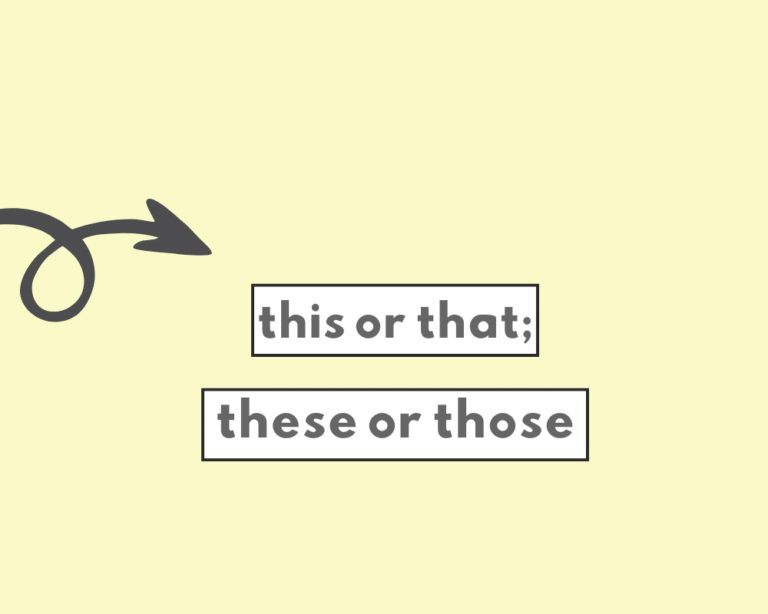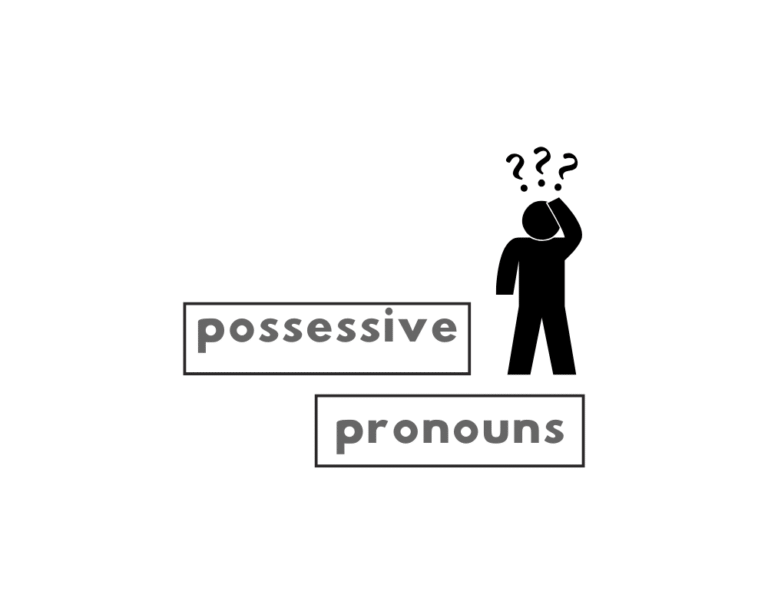
Blond vs. blonde: which is it?
Maybe you’ve noticed that blond is sometimes spelled with an ‘e’ at the end, and sometimes it’s not. Is there a difference between blond or blonde with an ‘e’?
That woman has blonde hair.
My brother is a natural blond.
When is it correct to write blonde vs. blond? Will reading the word blond/blonde so many times in a row turn your hair . . . blond . . . or is it blonde? Keep reading to find out.
Blond or blonde, explained
| Examples with “blond” | Examples with “blonde” |
|---|---|
| He’s been a blond his whole life. | She has blonde hair like her dad. |
Blond and blonde are two correct spellings of the same word. Both refer to hair that is “pale gold in colour”. Blond and blonde can be both an adjective or a noun, but not in the same sentence of course.
Because blonde and blond entered English from French, blond traditionally was used for men or boys (and has a masculine French ending). Blonde would be for women and girls (uses the feminine French of “e”). Whether it’s relevant nowadays to follow the traditional French masculine/feminine form of blond and blonde is a personal choice; we’re just here as a guide, and to give you the facts. Either way, whichever spelling you choose, the meaning of the word will still be in tact (which is the most important thing, folks!)
- As an adjective, blond/blonde describes hair that is yellow, or “pale gold” (which is a much prettier way of saying light yellow). The shade blond/blonde as an adjective also describes non-hair related things, like coffee, beer, and sometimes even furniture (e.g., “I love that blond credenza you just bought!”)
Examples of blond/blonde as an adjective
|
The child had short blond curls and large blue eyes. The sun dyed her hair slightly blonde. I prefer a blonde roast over dark. |
As a noun, blond/blonde refers to a man or a woman with light-brown/yellowish (blondish) hair. An example of blond/blonde as a noun is, “Will is the only blond in his family”.
Examples of blond/blonde as a noun
|
She and her sister are both blondes. She had long blonde hair. A blonde-haired girl walked in. |
“blond” vs. “blonde,” associate “blonde” with women (they have an ‘e’ like women) and use “blond” for men and gender-neutral contexts.
Synonyms of blond/blonde
- golden
- bleached
- ash
- fair
- gold
- light
- sandy
- yellow
- flaxen
- platinum
- towheaded
Phrases with blond/blonde
- To have a blond/blonde moment (to do something unintelligent or forgetful, based on the stereotype of blondes not being smart)
- Blond/blonde bombshell (referring to an attractive blonde, usually a woman)
Origin of blond/blonde
|
Of hair, “of a golden or light golden-brown color,” late 15c., from Old French blont “fair, blond” (12c.), from the same source as Medieval Latin blundus “yellow,” but of uncertain origin. |
Check out other commonly confused words!
FAQs
Are blond and blonde both correct spellings?
+
What’s the difference between blond and blonde?
+
How are blond and blonde traditionally used?
+
Can blond or blonde be used as a noun?
+
Can blond/blonde describe non-hair things?
+
Yash, D. "Is it Blond or Blonde? What’s the Right Spelling?." Grammarflex, Jun 25, 2025, https://www.grammarflex.com/is-it-blond-or-blonde-whats-the-right-spelling/.
Sources
-
Harper, Douglas. “Etymology of blond.” Online Etymology Dictionary, https://www.etymonline.com/word/blond. Accessed 18 October, 2023.










